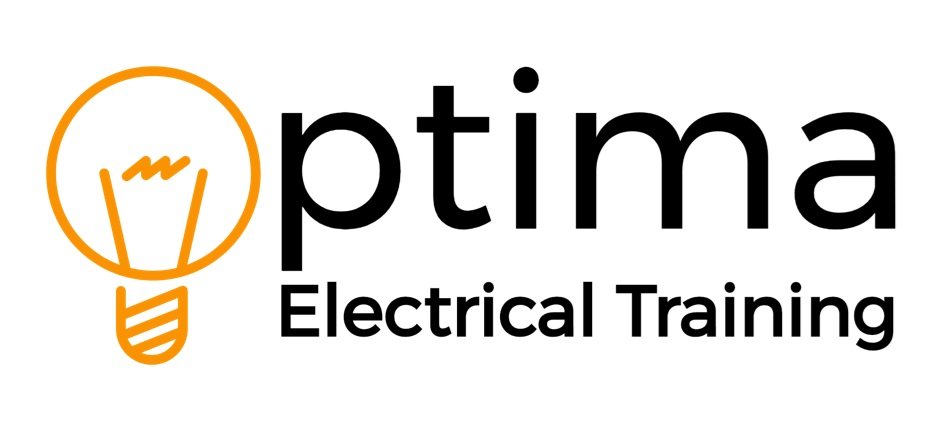The Energy Dilemma of Generative AI
Generative AI has revolutionised the tech industry, but not without significant drawbacks. One major concern is the substantial energy consumption of these systems.
Generative AI, especially Large Language Models (LLMs), are central to many advanced AI systems. These models are trained on vast datasets, allowing them to generate text in response to almost any query. However, this capability comes with significant costs. Dr Sasha Luccioni explains, “When you use Generative AI… it’s generating content from scratch, it’s essentially making up answers.” This process requires substantial computational power.
A study by Dr Sasha Luccioni and her colleagues at Hugging Face, a leading machine learning company, found that Generative AI systems could consume approximately 33 times more energy than machines running specialised software. While this study has been peer-reviewed, it is yet to be published in a journal. Dr Luccioni adds, “Every time you query the model, the whole thing gets activated, so it’s wildly inefficient from a computational perspective.”
The Invisible Energy Consumption
The heavy energy consumption isn't directly from personal devices but from giant data centres. These centres, often out of sight and out of mind for the average person, are the backbone of our digital lives, storing vast amounts of data and powering everything from emails to AI and cryptocurrency.
In 2022, data centres consumed 460 terawatt hours of electricity, a figure expected to double by 2026, according to the International Energy Agency (IEA). This projected increase would make data centres’ energy consumption equivalent to that of Japan, a country with 125 million people.
The Global Impact and Local Strain
Countries like Ireland are acutely aware of the energy demands of data centres. In Dublin, there's currently a moratorium on building new data centres because they consume nearly a fifth of Ireland’s electricity, a figure expected to rise. Meanwhile, Irish households are reducing their energy consumption. In the UK, data centre electricity demand is predicted to increase six-fold over the next decade, largely driven by AI advancements.
In the US, utilities are feeling the pressure as data centre demands surge alongside a renaissance in domestic manufacturing spurred by government policies. States are reconsidering tax incentives for data centres due to the strain on local energy infrastructure.
Innovations and Future Directions
The hardware behind Generative AI is constantly evolving, which may impact future energy consumption. Nvidia's new Grace Blackwell supercomputer chips are designed for high-end processes like Generative AI and quantum computing. Nvidia claims these chips can significantly reduce energy consumption for AI training, although the energy requirements remain substantial.
Despite improvements in hardware efficiency, the overall demand for data centres is expected to grow. Some data centres are moving to locations with abundant renewable energy sources, like Iowa, known for its wind generation.
Balancing Efficiency and Demand
While data centres have become more energy-efficient over time, achieving lower power usage effectiveness (PUE) ratios, they still produce significant waste heat. Europe is leading the way in utilising this waste heat for practical purposes, such as heating swimming pools.
However, as Bruce Owen of Equinix notes, the demand for data centres may outpace efficiency gains. Future data centres might incorporate on-site power generation to manage energy needs more effectively.
The Future of Energy-Efficient AI
Dr Luccioni is working on developing energy ratings for AI to help users choose more efficient models. This could lead to the adoption of "A+ energy star" models that are lightweight and more efficient, offering a more sustainable path forward for AI development.
In conclusion, while Generative AI presents incredible opportunities, it also poses significant energy challenges. Balancing technological advancement with sustainability will be crucial as we move forward.
If you're considering a career change or looking to enhance your existing skills, now is the perfect time to take the initiative and enrol with Optima Electrical Training. With the availability of interest-free payment plans, it's easier than ever to get started.
Contact us today to embark on your training journey.
Contact us: Request Information
Email: info@optima-ect.com
Freephone +44 800 0371572


